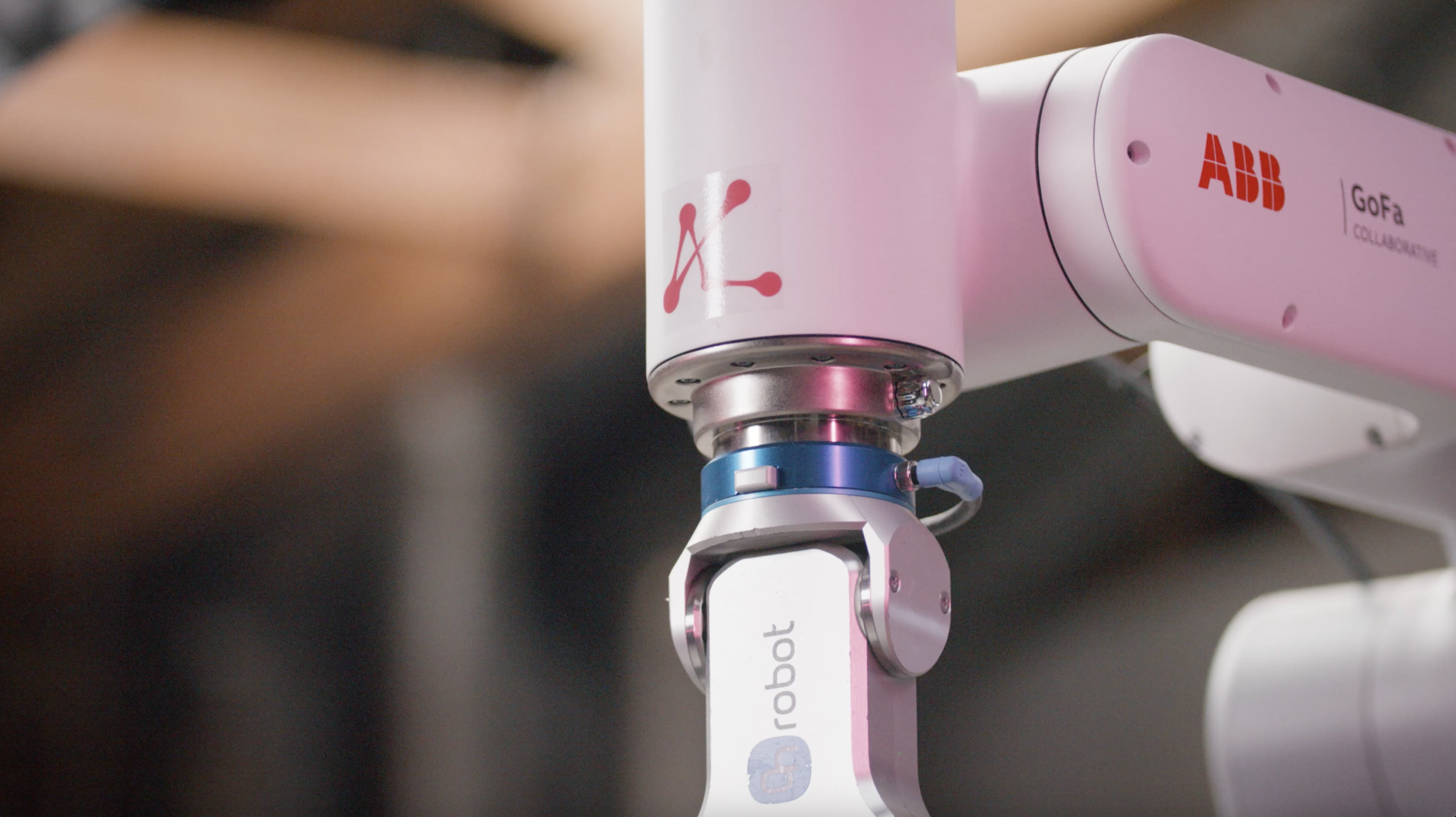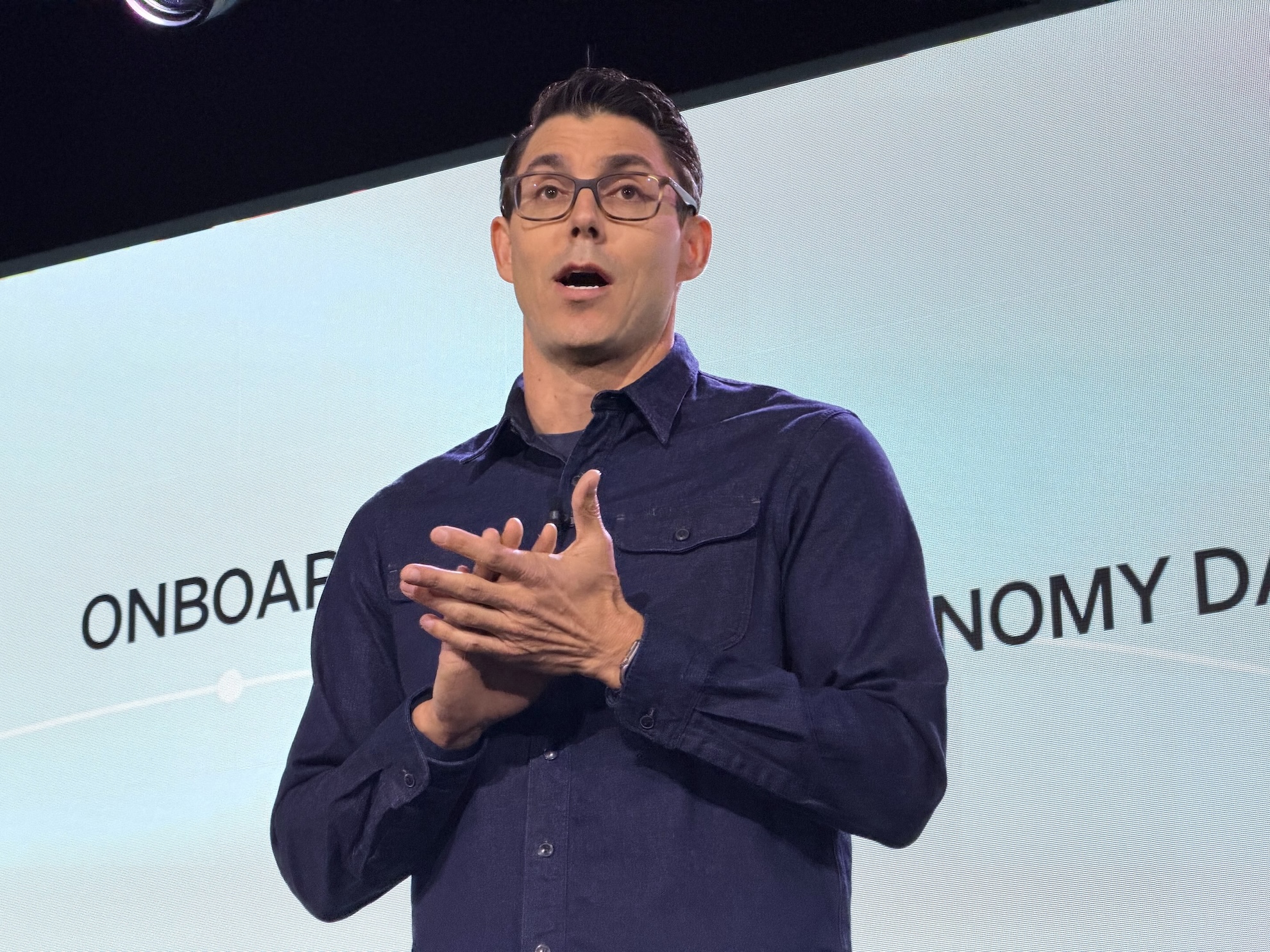
A paradigm shift in how industrial robots acquire new skills is on the horizon, as New York-based startup Mbodi prepares to showcase its groundbreaking AI agent-driven training system at TechCrunch Disrupt 2025. This innovative technology aims to address one of the most persistent challenges in modern robotics: the slow, complex, and often costly process of adapting machines to perform diverse and dynamic tasks in real-world environments. By leveraging a network of intelligent AI agents, Mbodi promises to dramatically accelerate robot learning, enabling unprecedented flexibility and efficiency in automation.
The Enduring Challenge of Robot Adaptability
For decades, industrial robots have been the backbone of manufacturing, meticulously performing repetitive tasks with unparalleled precision and speed. From welding automotive parts to assembling electronic components, these machines excel in structured, predictable environments. However, their prowess diminishes significantly when confronted with variability. Each new task, subtle change in product design, or alteration in the workspace typically necessitates extensive reprogramming and retraining, a process that can involve significant downtime, specialized human expertise, and substantial financial investment. This inherent rigidity has largely confined advanced robotics to highly controlled settings, limiting their widespread adoption in industries characterized by high variability, such as logistics, consumer packaged goods (CPG), and service sectors.
Traditional robot programming often involves meticulously defining every single movement and interaction, or employing complex machine learning models that require vast datasets for each specific scenario. While advancements in machine learning have brought capabilities like object recognition and manipulation to robots, the leap to truly adaptive, general-purpose learning remains a formidable hurdle. The physical world, unlike a simulated environment, presents an "infinite possibility" of unpredictable situations, as Xavier Chi, co-founder and CEO of Mbodi, observes. This constant flux means that relying solely on pre-trained models or exhaustive data collection for every conceivable scenario becomes impractical, if not impossible.
Mbodi’s Agent-Centric Approach to Learning
Mbodi’s core innovation lies in its unique software architecture, a cloud-to-edge hybrid computing system that seamlessly integrates with existing robotic platforms. This system is powered by a "cluster of AI agents," a sophisticated network designed to collaboratively gather and process information to expedite robot training. When a user provides a natural language prompt – for instance, "pack these items into the box" – Mbodi’s software intelligently breaks down the request into smaller, manageable subtasks. Each AI agent then "divides and conquers" specific aspects of these subtasks, such as identifying objects, planning grasp trajectories, or coordinating movements, to quickly synthesize the necessary training data and instructions for the robot.
This multi-agent system mimics the collaborative problem-solving approach often seen in human teams. Instead of a single, monolithic AI attempting to solve an entire complex problem, individual agents, each specialized in a particular cognitive function or data modality, work in concert. They communicate, share insights, and adapt their strategies dynamically, allowing the robot to learn and execute new tasks far more rapidly than conventional methods. The cloud component provides the computational power for complex agent orchestration and knowledge base management, while the edge component ensures real-time responsiveness and low-latency control crucial for physical world interactions.
A Historical Perspective on Robotic Intelligence
The journey toward truly intelligent and adaptive robots has been a long one. Early industrial robots of the 1960s and 70s were essentially programmable manipulators, executing pre-defined sequences of movements without any real understanding of their environment. The 1980s saw the introduction of rudimentary sensors, allowing robots to react to simple external stimuli. The advent of advanced computing power and machine learning in the late 20th and early 21st centuries opened doors to more sophisticated capabilities, including computer vision, path planning, and force control.
However, even with these advancements, a significant gap persisted between what robots could do in controlled laboratory settings and what they could practically achieve in unstructured, dynamic real-world environments. The dream of a robot that could learn new skills on the fly, much like a human apprentice, remained largely elusive. This is the chasm Mbodi, founded in 2024 by former Google engineers Xavier Chi and Sebastian Peralta, aims to bridge. Their experience observing the rapid advancements in AI during their tenure at Google, coupled with the realization that physical AI lacked an efficient training paradigm, spurred the creation of Mbodi. They recognized that while AI was making strides in the digital realm, its application to the physical world of robotics was bottlenecked by the difficulty of rapid, flexible learning.
Market Impact and Industry Transformation
The implications of Mbodi’s technology are vast, promising to unlock new frontiers for automation across multiple sectors. Industries currently constrained by the inflexibility of traditional robotics stand to gain significantly.
- Manufacturing and Logistics: In warehouses and factories, tasks like picking, packing, and sorting often involve a constantly changing array of products, packaging types, and configurations. Reprogramming robots for each variation is economically prohibitive. Mbodi’s system could enable robots to adapt to new inventory items, packaging designs, or even customized orders with minimal human intervention, dramatically increasing throughput and reducing operational costs. The company’s initial focus on "picking and packaging" directly targets this high-variability challenge.
- Consumer Packaged Goods (CPG): The CPG sector, characterized by frequent product launches, seasonal variations, and complex display requirements, is an ideal candidate for Mbodi’s solution. Chi highlights how CPG customers grapple with daily changes in product assortments and tray configurations. "Because of that, it is impossible to put robots there," he states, explaining that the cost and time involved in reprogramming make human labor the only viable option for many tasks. Mbodi’s system could allow robots to dynamically learn new packing arrangements, making automation feasible in previously unaddressable areas.
- Healthcare and Service Robotics: Beyond industrial applications, the ability for robots to quickly learn new procedures or adapt to novel environments could revolutionize healthcare (e.g., assisting with surgical preparation, dispensing medications) and service industries (e.g., hospitality, elder care), where diverse and unpredictable human interactions are the norm.
Economically, widespread adoption of such adaptive robotics could lead to substantial efficiency gains, lower labor costs in repetitive tasks, and potentially a reallocation of human capital to more complex, creative, or supervisory roles. It could also foster greater supply chain resilience by allowing automated systems to quickly pivot in response to market demands or disruptions.
Navigating the Competitive Landscape
The quest for more adaptive robots is a crowded field. Many companies, including notable players like Skild AI and FieldAI, are pursuing solutions centered on "large world AI models." This approach involves training massive AI models on enormous datasets of real-world robotic interactions and simulations, aiming to create a highly generalized "universal robot brain" that can infer solutions for new tasks. While promising, this strategy faces challenges related to data acquisition scale, computational intensity, and the inherent difficulty of truly capturing the "infinite possibility" of the physical world within a finite dataset.
Mbodi’s philosophy, as articulated by Chi, diverges from this data-centric, "build-a-universal-brain" approach. He suggests that relying solely on comprehensive datasets struggles to keep pace with the constant evolution of real-world environments. Instead, Mbodi emphasizes a dynamic, agent-orchestrated learning process that can quickly synthesize new instructions from natural language prompts, rather than requiring exhaustive pre-training for every permutation. This distinction suggests a focus on rapid, on-demand adaptation and real-time problem-solving, potentially offering a more agile and scalable pathway to robot intelligence in dynamic settings.
Strategic Partnerships and Early Validation
Despite being a relatively young company, launched in 2024, Mbodi has already garnered significant industry recognition and strategic partnerships. The startup’s innovative approach earned them a victory in an ABB Robotics AI startup competition last year. This win not only provided crucial validation for their technology but also led to a significant partnership with ABB, a global leader in industrial robotics. The context of this partnership is further amplified by ABB’s robotics unit having been acquired by SoftBank for $5.4 billion in October of the prior year, signaling a strong interest from major players in advanced robotics solutions.
Currently, Mbodi is engaged in a proof-of-concept project with a Fortune 100 company within the consumer and product goods sector. This collaboration on a real-world, high-stakes application underscores the practical utility and commercial viability of their AI agent system. Successfully demonstrating their solution in such a demanding environment would be a pivotal step towards broader market penetration.
The Road Ahead: Deployment and Vision
Mbodi’s showcase as one of the Top 20 Startup Battlefield finalists at TechCrunch Disrupt 2025, held from October 27 to 29 in San Francisco, marks a crucial moment for the company. This prestigious platform offers an unparalleled opportunity to present their vision and technology to a global audience of investors, industry leaders, and potential customers.
Looking ahead, Mbodi anticipates commencing broader deployment of its software in 2026. The company’s leadership maintains a clear focus on practical, production-ready solutions. As Chi emphasizes, "We aren’t a research lab; we don’t want to be a research lab in that regard. We want to put something in production that works reliably." This commitment to deployable, robust technology positions Mbodi not just as an innovator, but as a potential catalyst for tangible change in the automation landscape. The promise of robots that can learn and adapt with unprecedented speed and flexibility, driven by intelligent AI agents, suggests a future where automation is no longer confined by rigidity but empowered by dynamic intelligence.





